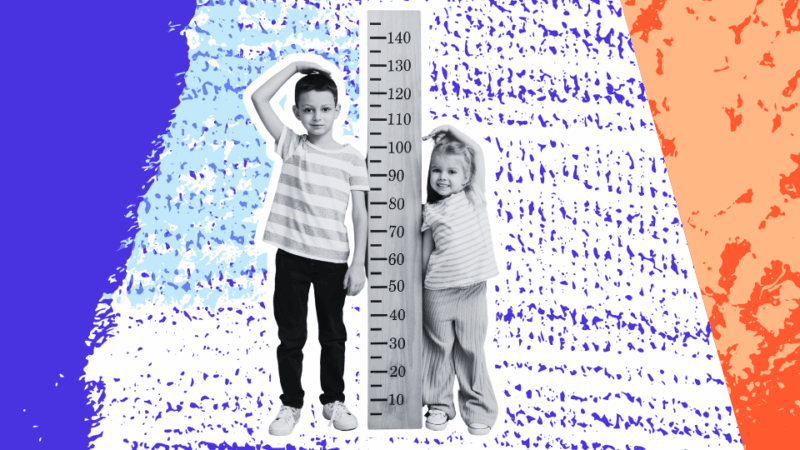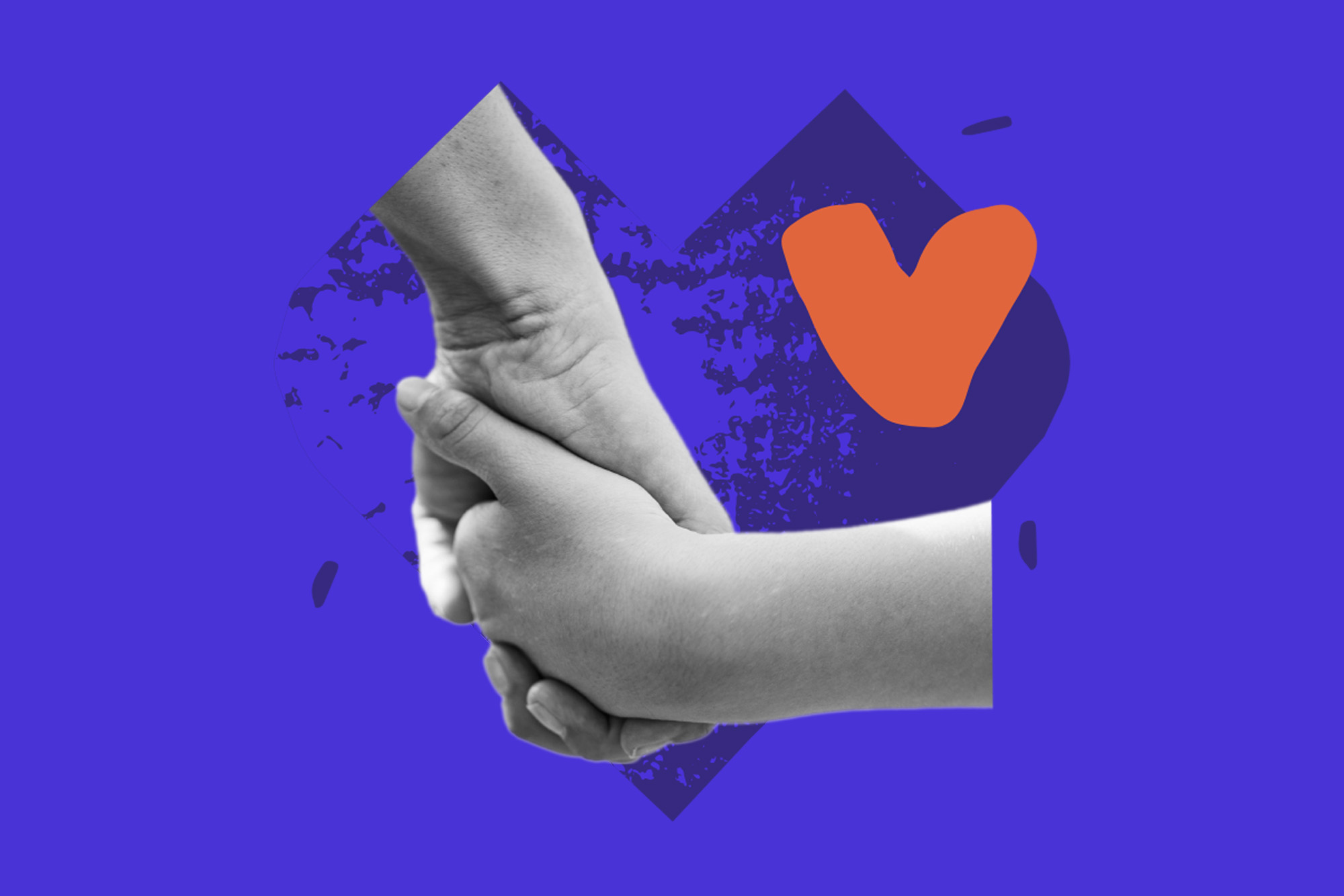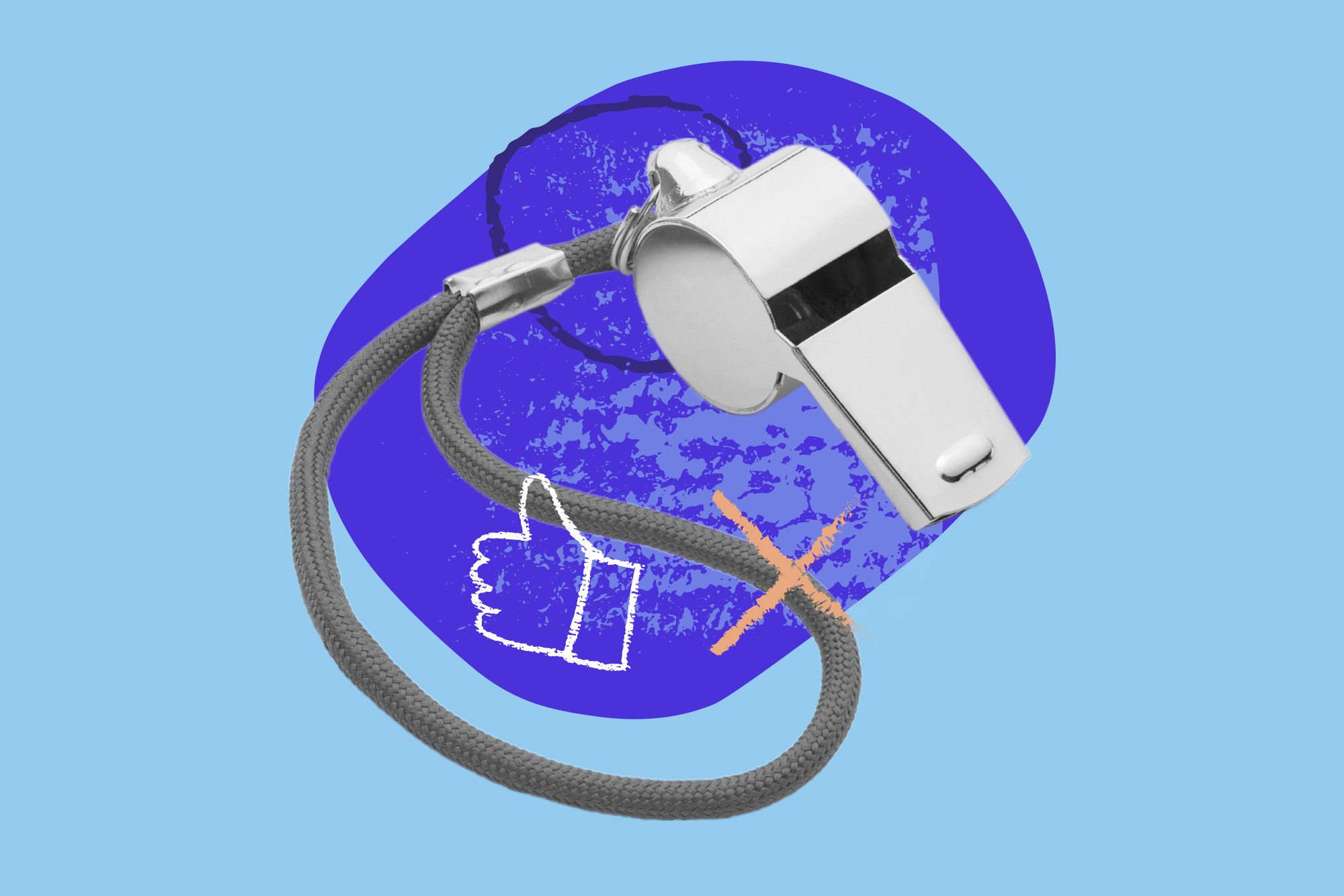How to Support Your Child When They Feel Smaller Than Classmates
Published September 9, 2025 | Last Updated September 5, 2025

Kids grow at very different rates, and those differences can stand out sharply in middle school. Some kids look fully grown, while others still have the bodies of younger children. If your child feels self-conscious about being smaller than their peers—or even worries about being the smallest kid in the class—it can leave them questioning their body and comparing themselves to others.
In this short video, Dr. Katie Loth, licensed clinical dietitian, public health researcher, and member of the WithAll Expert Advisory Panel, answers the question: “What should I say if my child feels self-conscious about being smaller than their classmates?”
Watch below, then keep reading for practical tips you can use right away to support your child’s confidence.
Why Size Differences Feel So Big in Middle School
Middle school can magnify physical differences. On sports teams or in hallways, kids may see classmates who look like young adults right alongside kids who still look years younger. It’s natural for children to notice these differences, but it can also lead to feelings of insecurity, especially if they’re on the smaller side.
“You have full adult-sized kids and you have little kids-sized kids, and they’re all mixing together in those hallways and on those courts. And that can be one of the first times that it stands out so much, and it can be really hard for kids.” — Dr. Katie Loth
For some kids, being shorter or smaller can feel like it sets them apart. They may feel left out in sports, teased in the locker room, or simply different from friends. This is often the first time body comparisons really take hold.
The good news? Your words and actions as a parent can make a powerful difference in shaping how your child feels about themselves.
What to Say (and Not Say) When Your Child Feels Self-Conscious
When kids feel smaller than their classmates, they often wonder if something is wrong with their bodies. The words you choose can help reassure them and shift the focus toward what really matters: who they are and what their body allows them to do.
Validate their feelings.
Start by acknowledging that it’s normal to notice differences. You might say, “I know it can feel tough when your body looks different from others right now. Everyone grows at their own pace, and your body is doing exactly what it’s supposed to.”
Shift the focus from size to strength.
Help your child see what their body allows them to do, rather than how it looks. Whether it’s running, drawing, building Lego creations, or being a caring friend, these strengths show them that their value is not tied to size.
Avoid comparisons.
Try not to compare them to siblings, cousins, or friends. Every body grows on its own timeline. Comparisons, even positive ones, can unintentionally add pressure.
Model body respect at home.
Kids notice how adults talk about bodies. If you make negative comments about your own size, shape, or weight, they often internalize those messages.
Encouraging Confidence Beyond Appearance
Confidence doesn’t come from appearance. It comes from a sense of belonging and self-worth. You can nurture that by:
- Encouraging activities they enjoy. Whether that’s sports, music, art, or robotics club, kids build confidence when they succeed at things they love.
- Celebrating qualities beyond looks. Compliment your child’s creativity, perseverance, or kindness instead of focusing on their appearance.
- Creating a “no body talk zone.” At home, avoid conversations that center on weight, body shape, or dieting.
Final Thought
Middle school can be a tricky time, and body differences often feel magnified. But when your child feels smaller than classmates, your support can help them feel safe and valued in their body.
By focusing on confidence, character, and what their body allows them to do, you set the stage for resilience that lasts well beyond these years.
Looking for more support on what to say in everyday moments? Get our free Body Comments Guide for simple, practical phrases that build confidence and protect kids’ well-being.

